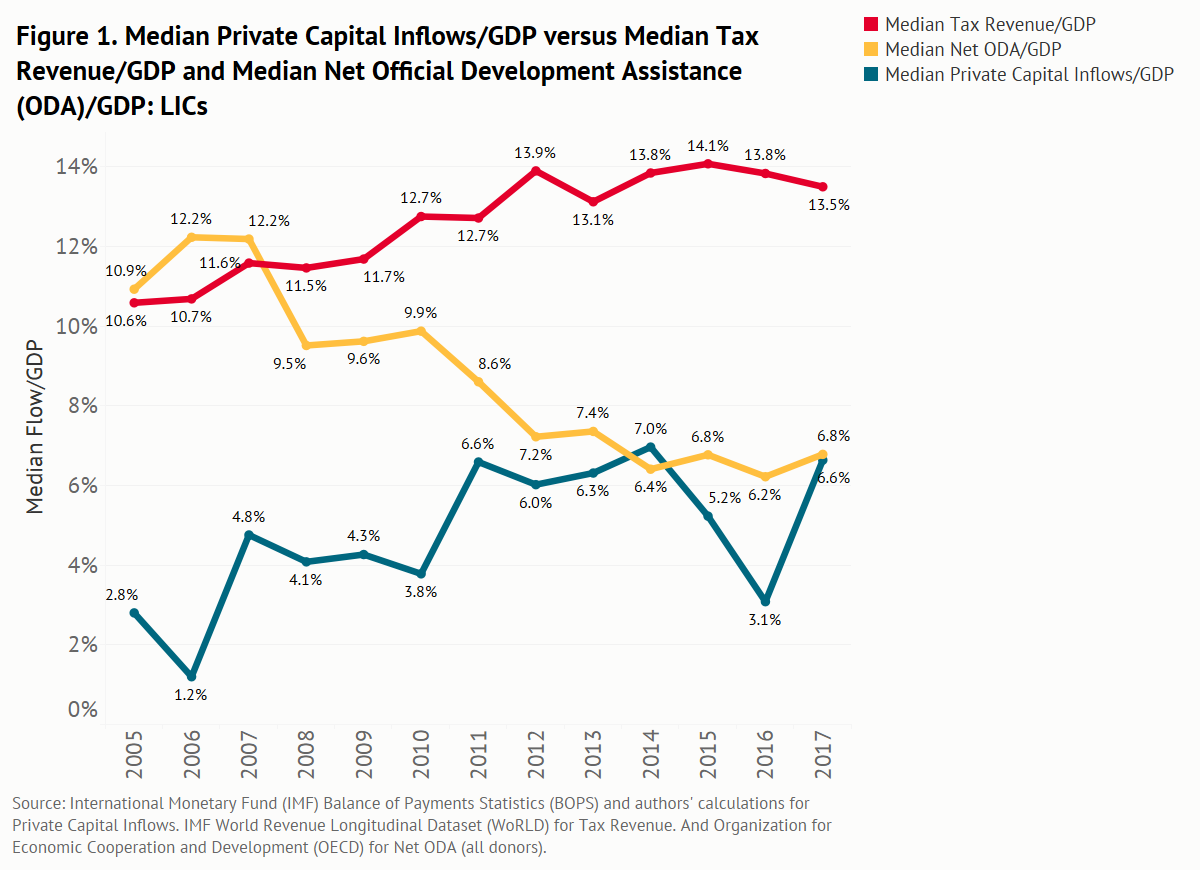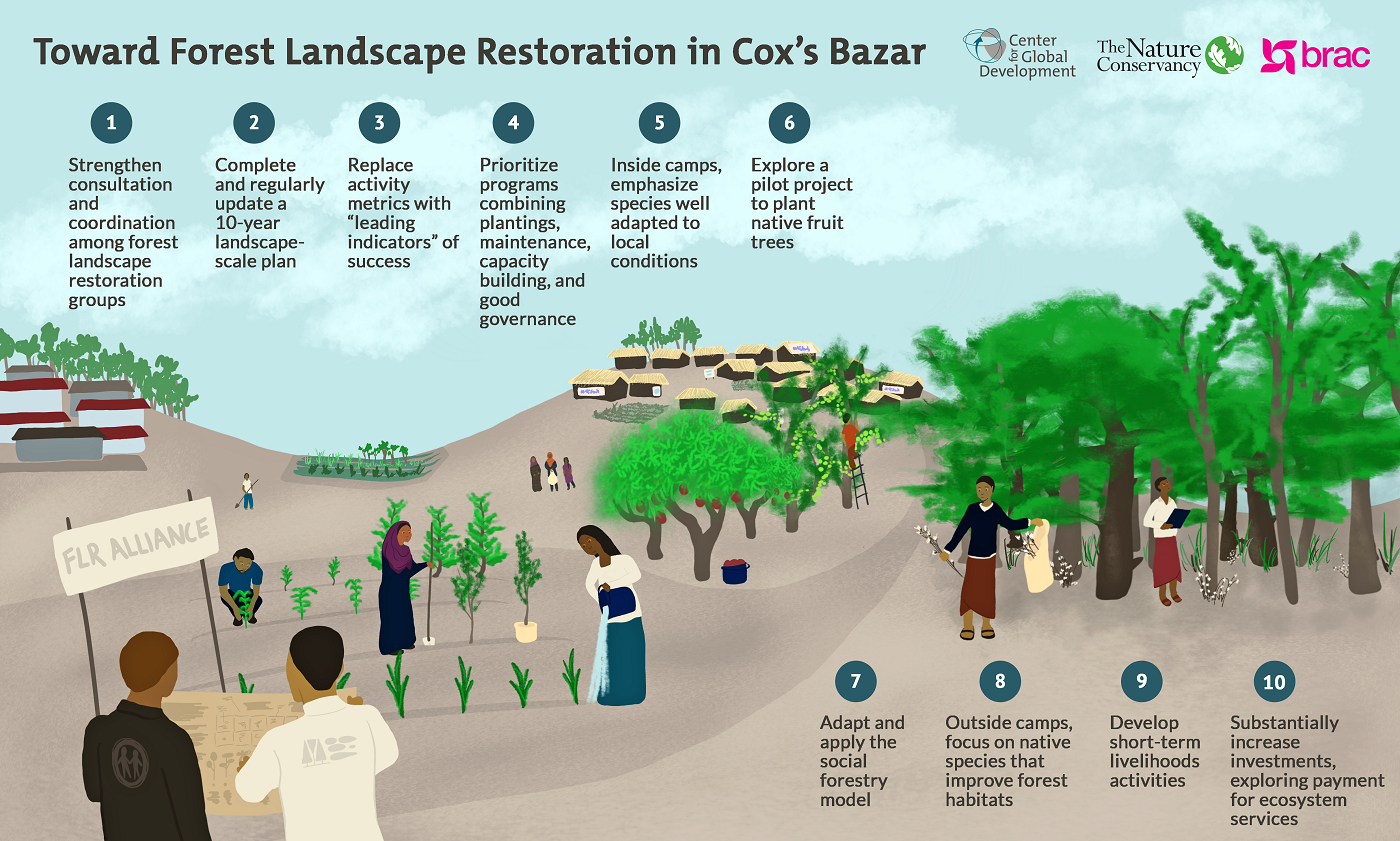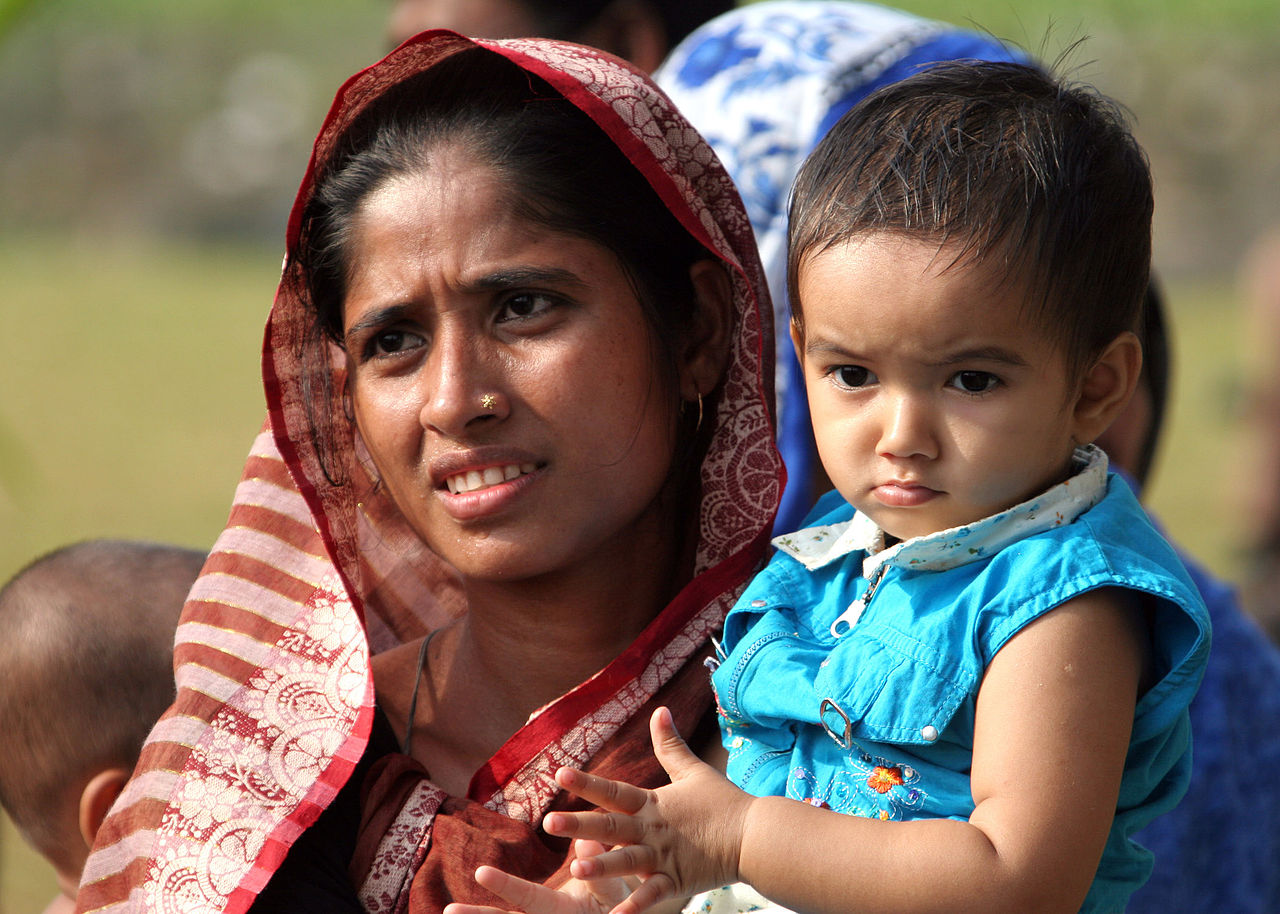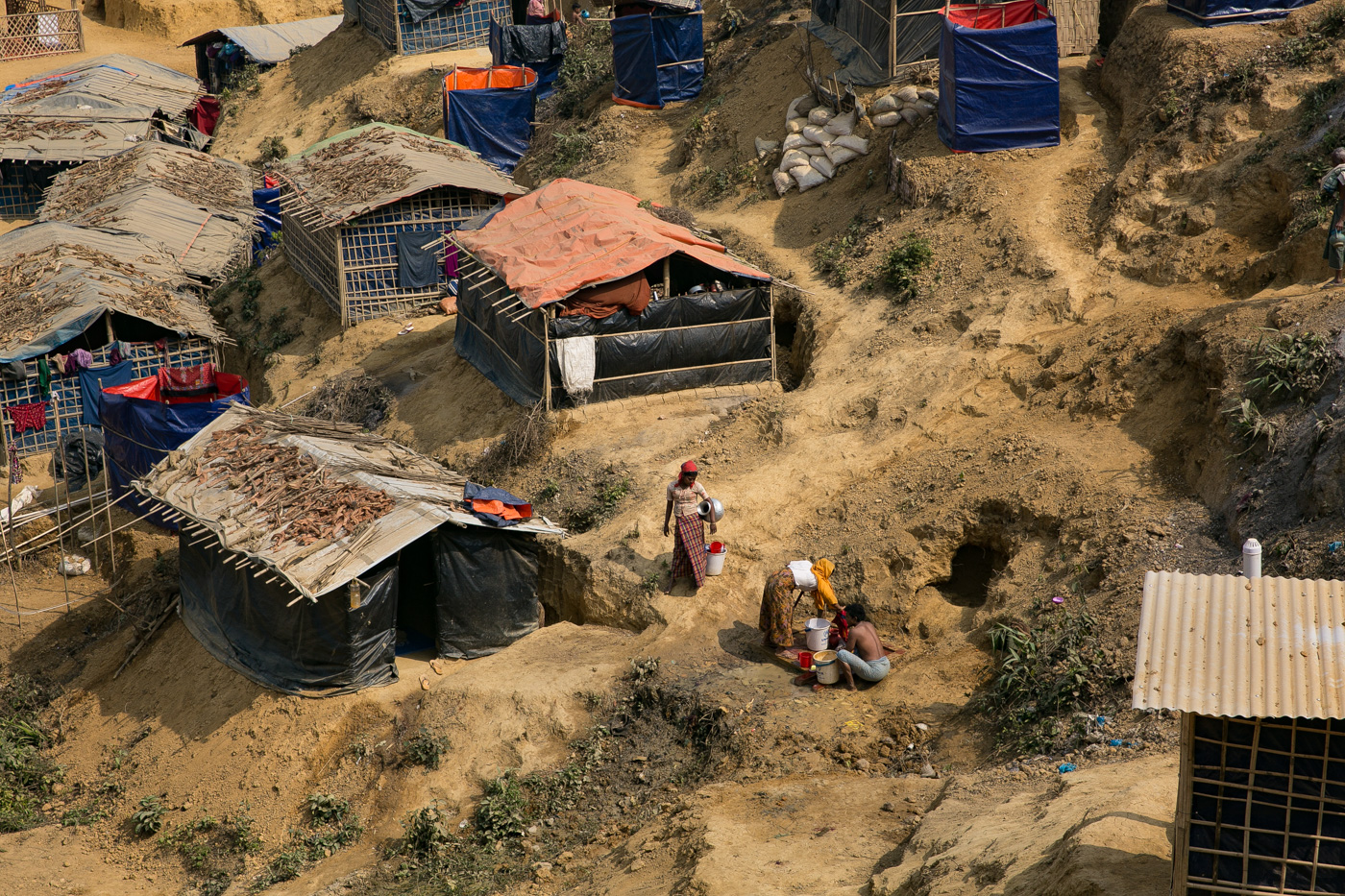Ideas to action: independent research for global prosperity
Research
Innovative, independent, peer-reviewed. Explore the latest economic research and policy proposals from CGD’s global development experts.
WORKING PAPERS
April 11, 2024
POLICY PAPERS
April 15, 2024
CGD NOTES
April 08, 2024
WORKING PAPERS
April 04, 2024
All Research
Filters:
Experts
Facet Toggle
Topics
Facet Toggle
Publication Type
Facet Toggle
Time Frame
Facet Toggle
Research
POLICY PAPERS
July 24, 2019
Interest in mobilizing private finance for SDG investments is surging in a world of stagnating aid, limited fiscal space, and rising LIC debt. But is more reliance on private finance realistic for LICs? This paper explores the performance since the global financial crisis of one source of private fi...
BRIEFS
July 02, 2019
To contribute to a growing base of knowledge and expertise on opportunities to reverse the specific effects of forest loss and degradation—and to improve the conditions of host populations and refugees in Cox’s Bazar—BRAC, the Center for Global Development, and The Nature...
POLICY PAPERS
July 02, 2019
There are now one million Rohingya refugees in Cox's Bazar, comprising about 30 percent of the population. This increase, coupled with immediate needs for fuelwood and shelter, has diminished livelihoods due to deforestation and loss of access to land; soil and slope erosion; fuelwood scarcity a...
POLICY PAPERS
May 17, 2019
The Kunming-Vientiane railway is an anchor investment of the Chinese government’s Belt and Road initiative. This case study will assess the rail project along four dimensions: economic implications; procurement arrangements; labor; and environmental and social safeguards. In each of these area...
BRIEFS
February 07, 2019
Bangladesh is providing a significant global public good by hosting nearly one million Rohingya refugees, including 700,000 who fled violence carried out with “genocidal intent” in 2017. The international community has an opportunity to recognize Bangladesh’s contributions through ...










